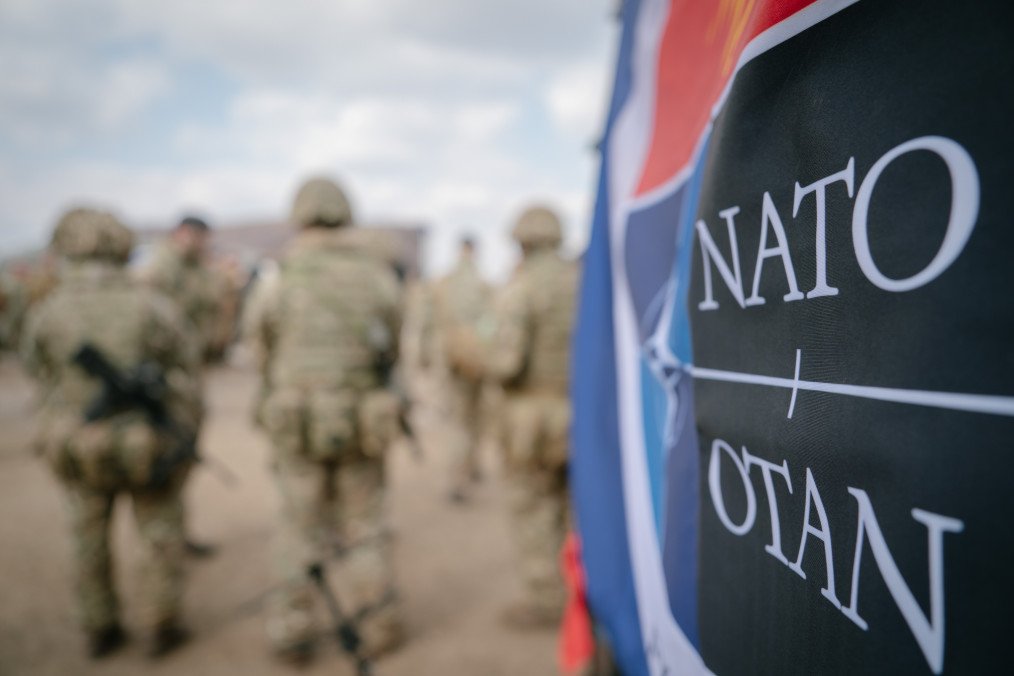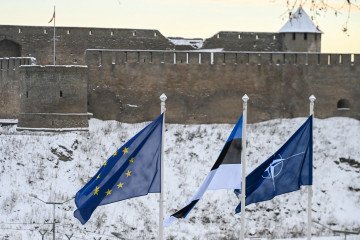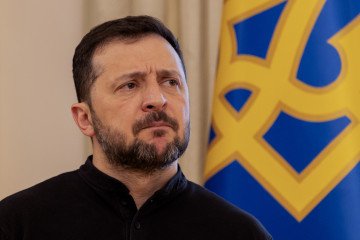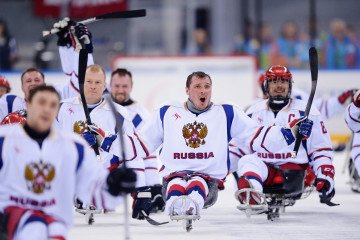- Category
- Latest news
NATO’s Intelligence Network at Risk as U.S. Rethinks Ukraine Strategy, Says Politico

NATO allies are becoming increasingly cautious about sharing intelligence, fearing that Washington’s evolving stance on Ukraine and Russia could compromise sensitive information.
According to Politico on March 6, the situation was already strained due to Hungary and Slovakia’s pro-Russian positions, but the potential for a U.S.-Russia rapprochement has intensified doubts about the security of intelligence exchanges with Washington.
The report highlights that the U.S. had already halted intelligence sharing with Ukraine for strikes on Russian territory, before suspending the exchange entirely.
Former U.S. Ambassador to NATO Julie Smith expressed concern about the future of intelligence cooperation within the alliance, while former Canadian intelligence officer Daniel Stanton warned that NATO, despite needing more intelligence, is likely to receive less. “Consensus on who the common enemy is is eroding,” he said, adding that “allies will be less willing to share information.”
One NATO official, speaking to Politico, pointed to a “disastrous” meeting between Ukrainian President Volodymyr Zelenskyy and Trump at the White House as a catalyst for further uncertainty. However, another official noted that despite tensions over U.S. policy toward Ukraine, NATO still believes Trump’s primary concerns with the alliance revolve around funding rather than intelligence sharing.
The importance of joint intelligence efforts remains significant. The U.S. declassification of information about Russia’s invasion plans in 2022 helped unify NATO allies and bolster Ukraine’s defenses.
Earlier, U.S. Secretary of State Marco Rubio called Russia’s war against Ukraine a “proxy war.”
-554f0711f15a880af68b2550a739eee4.jpg)

-111f0e5095e02c02446ffed57bfb0ab1.jpeg)

-c439b7bd9030ecf9d5a4287dc361ba31.jpg)

